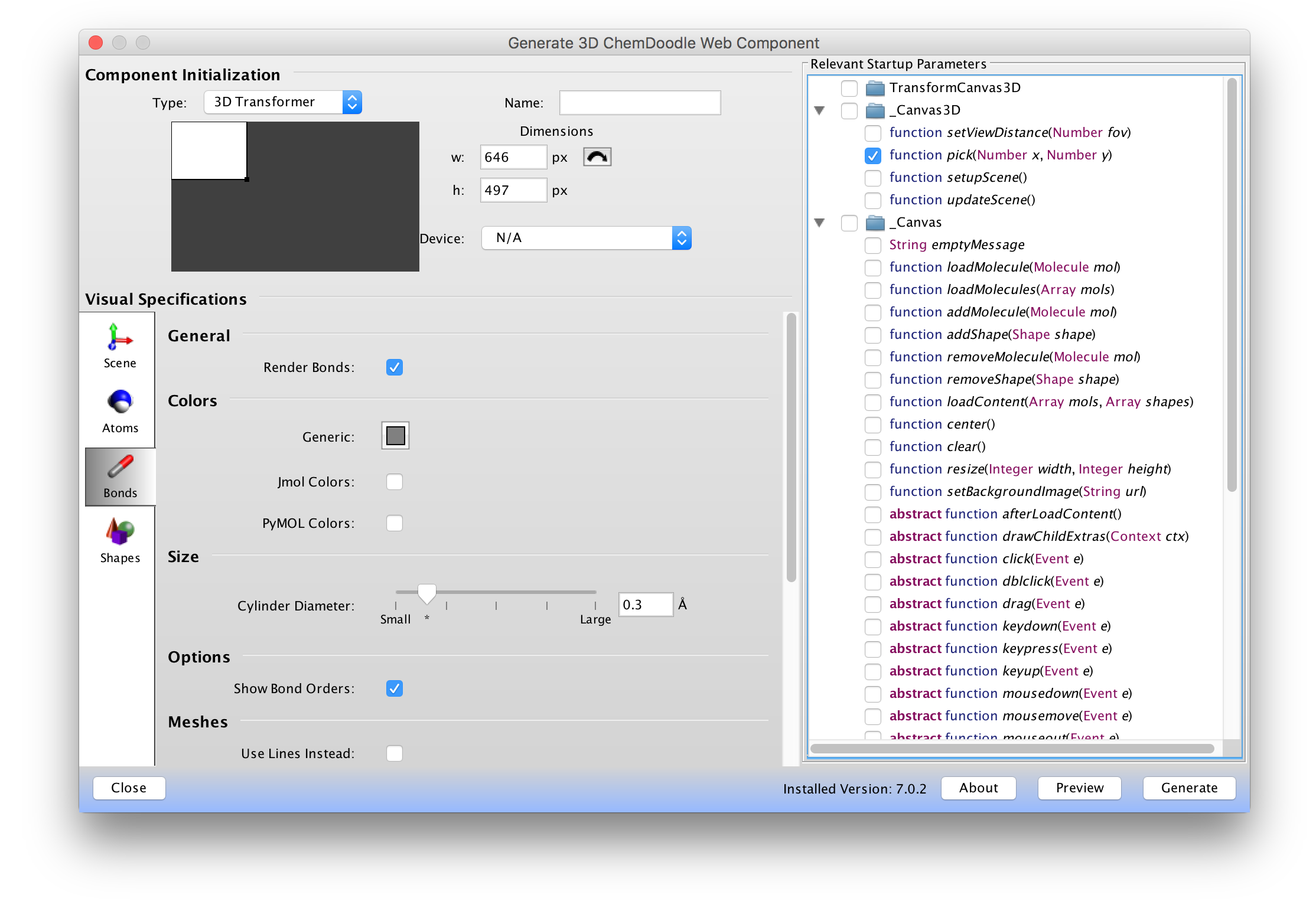

The groups helped with gas and lodging, aid that will be even more important with the new law, Miranda said.

Let’s take care of this together,’” Miranda said.Įventually, she found an appointment at a clinic in Dallas, a five-hour drive away. “It’s so comforting because it’s like someone saying, ‘We got you. They offered to pay for a flight to New Mexico. An online search led her to Fund Texas Choice and the Lilith Fund, another organization that offers financial assistance to Texans seeking abortions. She struggled to find an abortion clinic that could help her. “The last thing I wanted to do was be pregnant.” “We didn’t know which way the world was going to go with everything shut down and no change in sight,” said Miranda, who spoke on the condition that only her first name be used for fear of harassment and intimidation. She and her partner had lost their jobs in San Antonio during the pandemic. One woman discovered she was pregnant just as Abbott’s emergency order banning abortions was lifted. “Last year was a dress rehearsal,” he said, predicting similar numbers under the new Texas law. Those patients traveled an average of 650 miles (1,000 kilometers), Trust Women spokesman Zack Gingrich-Gaylord said. The Trust Women clinic in Wichita accounted for 203 of those procedures in a three-month period. The number of Texans getting abortions in Kansas jumped from 25 in 2019 to 289 last year. In California, 7,000 patients came from other states to Planned Parenthood clinics in 2020. The number of Texans seeking abortions in Planned Parenthood clinics in the Rocky Mountain region, which covers Colorado, New Mexico, Wyoming and southern Nevada, was 12 times higher that month. Greg Abbott banned abortions in March 2020 for nearly a month under a COVID-19 executive order. Abortion clinics in neighboring states began seeing an uptick in calls from Texas after Gov. The trend appears to have accelerated over the past year. At least 276,000 women terminated their pregnancies outside their home state between 20, according to a 2019 Associated Press analysis of state and federal data. Women have been increasingly seeking out-of-state abortions as Republican legislatures and governors have passed ever-tighter abortion laws, particularly in the South. The organization typically handles 10 new cases per week but received 10 calls from new clients just Wednesday, when the law took effect. It already has seen more women reaching out. status along Texas’ southern border, traveling to an abortion clinic also entails the risk of getting stopped at a checkpoint.įund Texas Choice is among the groups seeking to expand a network that helps women in Texas and other places with restrictive abortion laws end their pregnancies in other states. Traveling for an abortion may be impossible for women who would struggle to find child care or take time off work. “There’s this fear that if I can’t get it done in six weeks, I may not be able to get it done because I may not be able to leave my job or my family for more than a day.” “There’s real panic about how are they going to get an abortion within six weeks,” said Anna Rupani, co-director of Fund Texas Choice, one of several nonprofits that help pay for travel and other expenses for patients seeking out-of-state abortions.


 0 kommentar(er)
0 kommentar(er)
